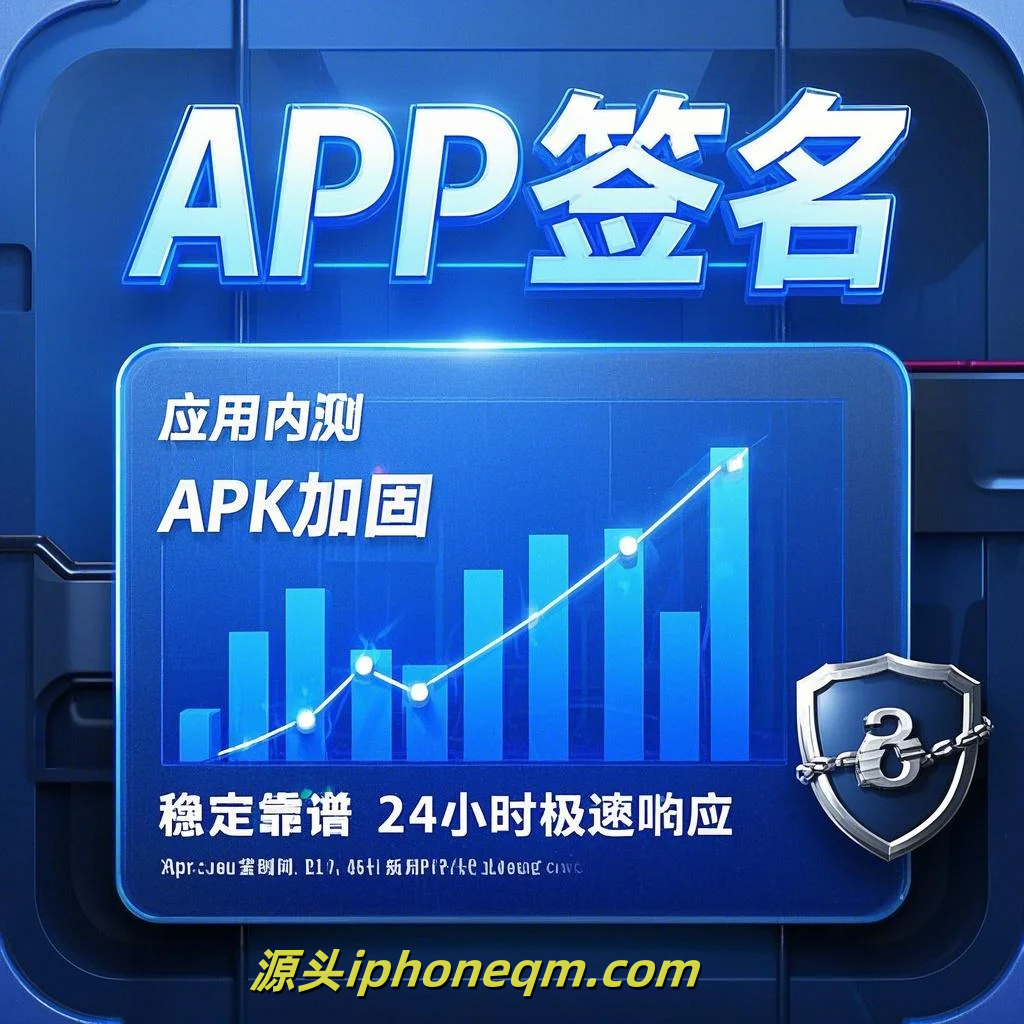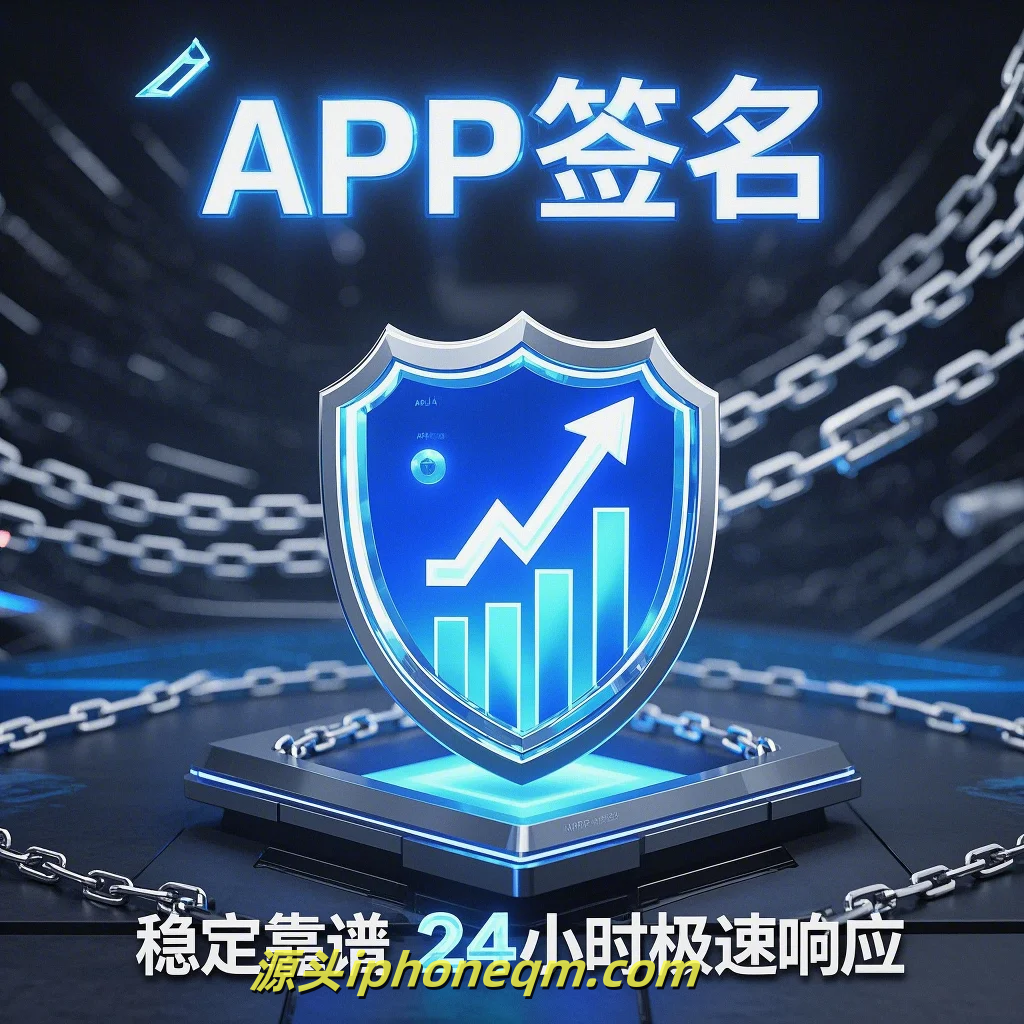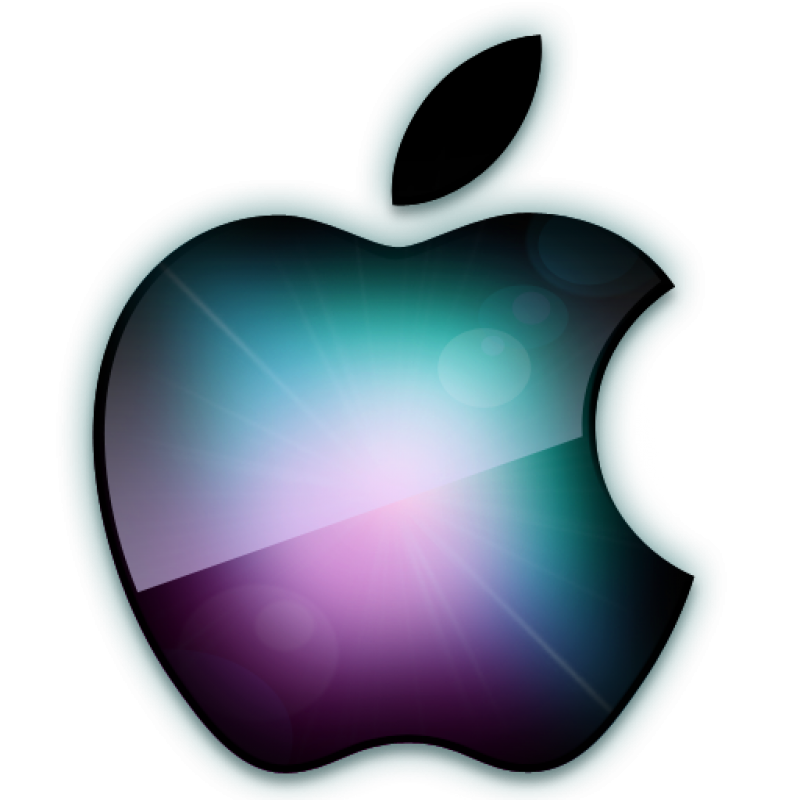The Relationship of Apple Signing to App Store Success
In the competitive landscape of mobile applications, understanding the dynamics that drive success on the App Store can be critical for developers and marketers alike. One of the lesser-known but influential factors in this ecosystem is Apple signing. This term refers to the process by which Apple reviews and approves app submissions, ensuring that they meet specific guidelines regarding performance, security, and user experience. Let's explore how Apple signing impacts App Store success.
First and foremost, Apple signing serves as a quality assurance mechanism. When developers submit their apps, they go through a stringent review process where Apple evaluates the application against its strict guidelines. This process helps app users trust the quality and safety of the applications they download. Consequently, when an app earns approval from Apple, it often enjoys a higher download rate, as users are more inclined to download apps from trusted sources. In a market where thousands of apps are available, this quality seal can significantly contribute to an app's success.
Moreover, the Apple signing process can influence visibility in the App Store. Apps that successfully pass the review process are eligible for prominent placements in various App Store categories, including the "Featured" section, new releases, and even app store editorial recommendations. These placements can dramatically enhance an app's visibility to potential users, leading to increased downloads and, ultimately, greater success in the App Store. It's essential for developers to recognize that app quality and adherence to Apple's guidelines can directly affect their app's discoverability.

Additionally, the timing of Apple signing can also impact an app's success trajectory. Developers often face tight deadlines and specific market conditions that require timely releases. If an application is delayed in the signing process, it can miss critical market windows, such as seasonal trends or public events. Thus, understanding the timeline for submission and the anticipated review schedule can be pivotal for app developers. Timely approvals can facilitate strategic marketing campaigns that align with peak download times, thereby maximizing potential success.
Furthermore, maintaining a good relationship with the signing process can help developers secure ongoing success. Regularly updated apps that align with Apple’s evolving guidelines can benefit from increased trust and credibility. Continuous engagement through user feedback and updates can demonstrate to both users and Apple that a developer is invested in their app's growth and quality. In turn, this can lead to positive reviews, which are crucial for improving an app’s ranking in the App Store.
Developers should also be aware of the implications of failing the signing process. An application that is rejected can face setbacks that hinder its overall success. Such rejections can lead to a loss of momentum, decreased interest from potential users, and a tarnished reputation. To mitigate this risk, developers need to invest time upfront to understand Apple’s guidelines and ensure their apps meet high standards before submission.
In conclusion, the relationship between Apple signing and App Store success is multifaceted and significant. A successful signing can enhance trust, boost visibility, influence release timing, and foster ongoing credibility. Developers looking to thrive in the App Store must prioritize understanding and navigating the Apple signing process effectively. In a marketplace filled with competition, ensuring that an app receives the coveted Apple approval is not just a bureaucratic step; it is a strategic move essential for achieving lasting success.
扫描二维码推送至手机访问。
版权声明:本文由MDM苹果签名,IPA签名,苹果企业签名,苹果超级签,ios企业签名,iphoneqm.com发布,如需转载请注明出处。












